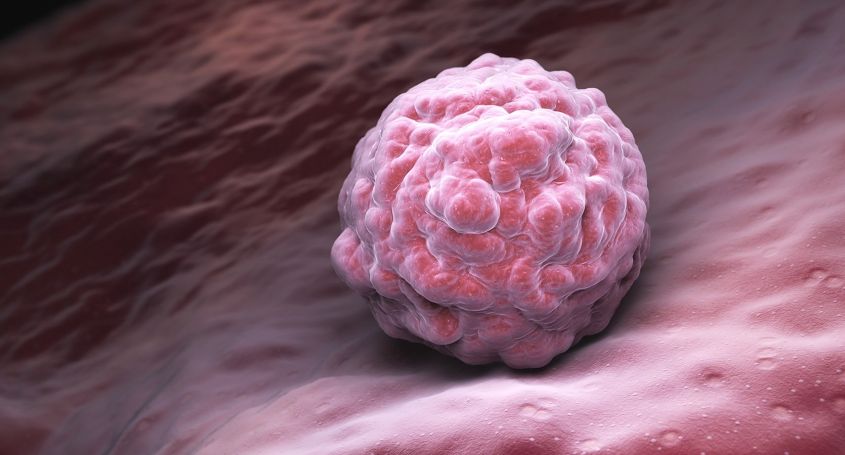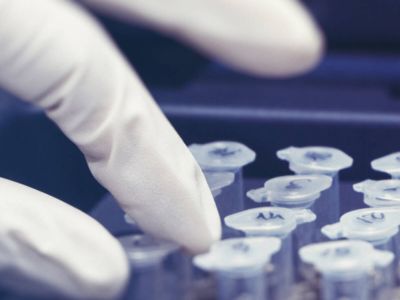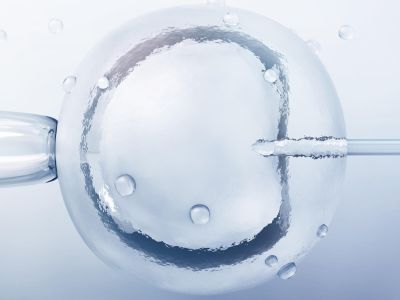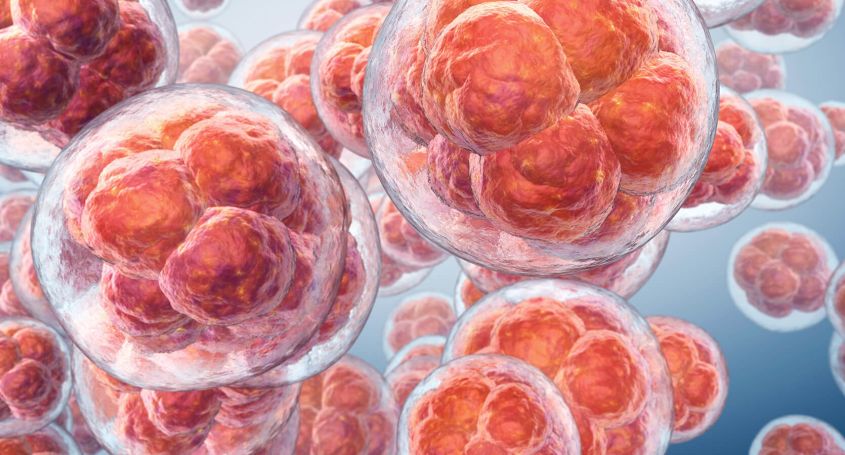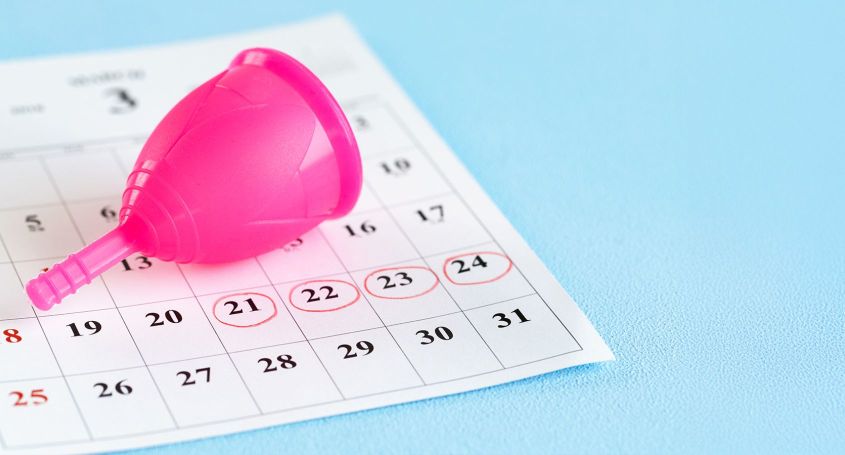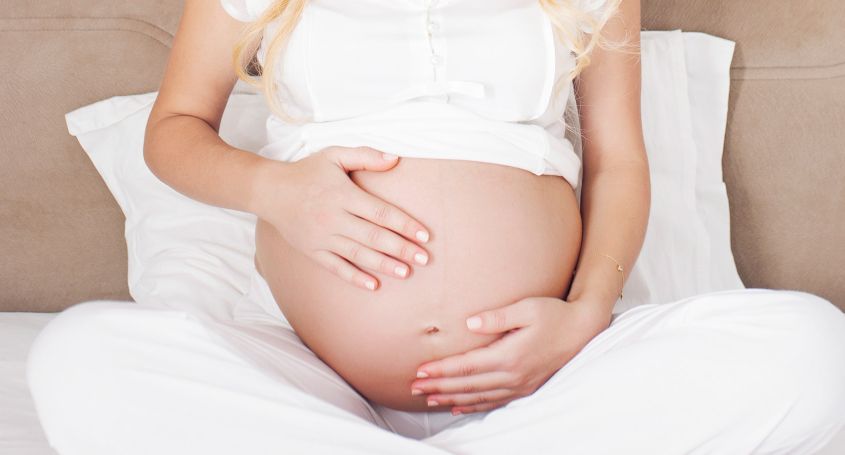In this publication you will see the process of ovulation as never before, you will discover how the sperm are prepared to fertilise the egg and you will find out what the process of natural or in vivo fertilisation is like.
Ovulation and fertile days
It is probably clear to you: without ovulation there is no possibility of pregnancy, which is why we say that it is a necessary process for human fertilisation to take place.
Ovulation marks the beginning of a woman's fertile phase and normally occurs once in each menstrual cycle, usually 12 to 16 days before the start of the next period.
Oocytes (early eggs) are found in the ovaries and, in the first stage of the menstrual cycle, one of them grows and matures. Ovulation is the stage where an oocyte is released from the ovary into the fallopian tubes and can now be fertilised. As this stage is crucial for the fertilisation process to take place, a woman's most fertile days are considered to be the two days before and after ovulation.
The sperm also undergoes changes in order to fertilise the egg.
Indeed, although it is not a well-known process, male gametes undergo what is known as sperm activation. This stage includes the process of sperm capacitation. What actually happens in this phase are physiological changes, which occur naturally, so that a sperm acquires the ability to fertilise the egg. And do you know when this happens? When they come into contact with the different fluids of the female genital tract.
Some examples of these modifications that spermatozoa undergo are: changes in the pattern of movement or changes in the composition of their plasma membrane in order to achieve the ability to fuse with the egg.
The next step: fertilisation
After intercourse, the sperm travels through the mucosal barrier of the cervix, the uterine cavity and finally into the fallopian tubes. Once here, it has to penetrate the corona radiata of the egg, i.e. a collection of cells that surrounds it. But how do you get a single sperm to fertilise the egg? This is thanks to the zona pellucida of the female gametes. The zona pellucida is a covering which, once a sperm has passed through it, induces changes in the structure of the egg, making it more rigid. Curious, isn't it?
Once fertilisation is complete, the human zygote is formed.
This process can take a maximum of 24 hours after ovulation.
This is called natural or in vivo fertilisation, but it is also possible to perform in vitro fertilisation in an assisted reproduction laboratory. Do you want to know more?
Contact us!
